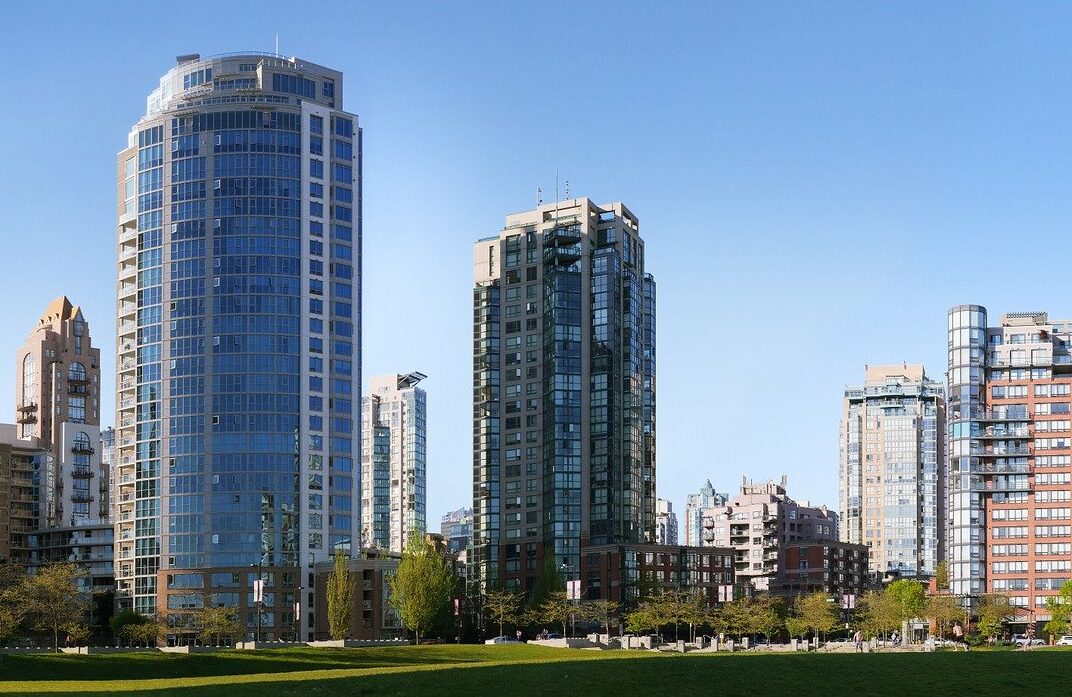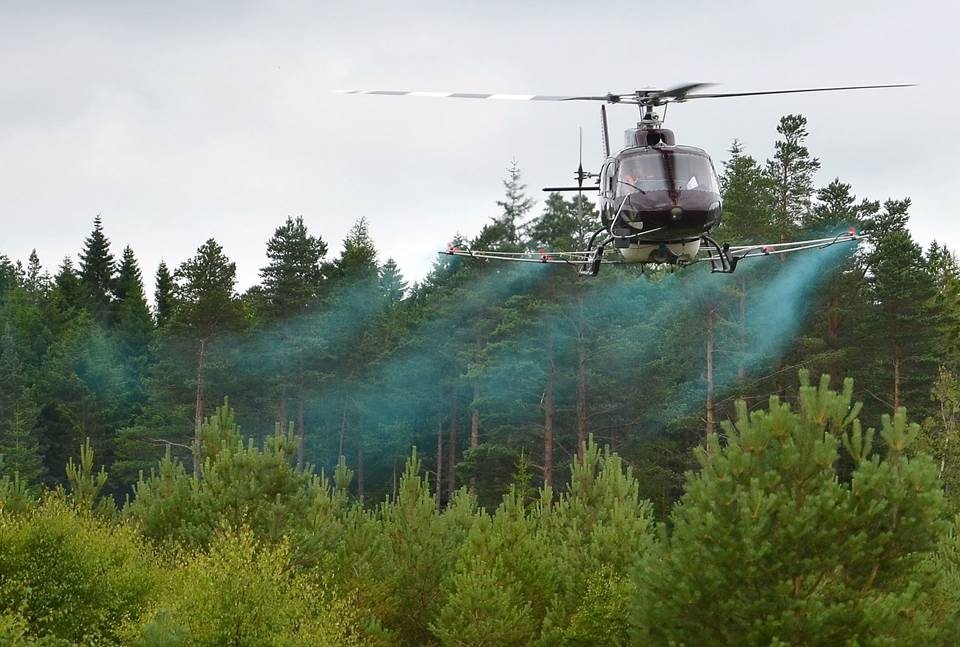The Ministry of Forests / BC Timber Sales proposed Pest Management Plan involves spraying glyphosate and other herbicides on forests from Squamish to Hope. The idea with the 5 year plan is that conifers are relatively resistant to these chemicals, but they’ll kill competing species, increasing the yield of commercial timber. In terms of reducing forest fire risk, this is not a good plan; forests that include deciduous trees don’t burn as well as conifer forests. The spraying would also kill native species like salmonberry and blueberry that provide a food source for wildlife, and are important traditional foods for First Nations. Lastly, there’s the concern for human health, as chemical herbicides have been identified as possible carcinogens.
In forestry, as in so many other industries in BC (auto insurance, electricity, gaming/lotteries, etc) the government is both the primary commercial interest and the regulator. They may claim these arms are separate and independent, but we know that’s not how things go in the real world. When the government stands to make money, they allow practices that would be highly restricted or illegal for private companies. In the case of forestry, BC Timber Sales should be disbanded, and the system of leasing huge tracts of forests on Crown lands phased out in favour of private ownership and community forestry. We believe that small-scale private land owners, First Nations, and voluntary organizations with full title to their forest lands will do the best job of managing the resource well for the long term, and balancing economic with ecological health.
For more on environmental issues from a Libertarian perspective, see the posts below.



